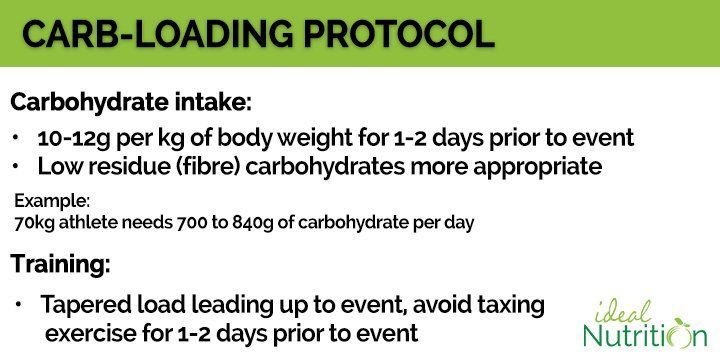Common Nutrient Deficiencies in Plant-Based Diets
Plant-based diets have gained popularity in recent years due to their numerous health benefits, including lower risk of heart disease, diabetes, and certain cancers. However, one common concern among those following a plant-based diet is the risk of nutrient deficiencies. While a well-planned plant-based diet can provide all the essential nutrients your body needs, there are a few nutrients that are commonly lacking in plant-based diets. Here are some of the most common nutrient deficiencies to watch out for:
Vitamin B12
Vitamin B12 is a crucial nutrient for overall health, as it plays a key role in the production of red blood cells and DNA. While vitamin B12 is naturally found in animal products like meat, fish, and dairy, it is not readily available in plant-based foods. This makes it essential for those following a plant-based diet to supplement with vitamin B12 or consume fortified foods like plant-based milk, breakfast cereals, or nutritional yeast.
Iron
Iron is another important nutrient that is often lacking in plant-based diets. While iron is found in plant foods like tofu, lentils, and spinach, the type of iron found in plants (non-heme iron) is not as easily absorbed by the body as the iron found in animal products (heme iron). To enhance iron absorption from plant-based sources, it is recommended to consume foods rich in vitamin C (such as citrus fruits, bell peppers, or tomatoes) alongside iron-rich plant foods.
Calcium
Calcium is essential for strong bones and teeth, and while dairy products are a common source of calcium, there are plenty of plant-based sources as well. Good plant-based sources of calcium include fortified plant-based milk, tofu, almonds, and leafy green vegetables like kale and collard greens. To ensure adequate calcium intake, it is important to consume a variety of calcium-rich plant foods on a daily basis.
Omega-3 Fatty Acids
Omega-3 fatty acids are important for brain health and reducing inflammation in the body. While fatty fish like salmon and mackerel are rich sources of omega-3s, plant-based sources include walnuts, flaxseeds, chia seeds, and hemp seeds. It is recommended to include these sources of omega-3s in your daily diet to prevent deficiencies.
Protein
Protein is essential for muscle growth, repair, and overall health, and while many plant foods contain protein, they may not always provide all the essential amino acids your body needs. It is important for those following a plant-based diet to consume a variety of protein-rich plant foods like beans, lentils, quinoa, soy products, and nuts to ensure adequate protein intake.
Zinc
Zinc is an essential mineral that plays a key role in immune function, wound healing, and DNA synthesis. While zinc is found in plant foods like legumes, nuts, seeds, and whole grains, the bioavailability of zinc from plant-based sources is lower compared to animal products. To enhance zinc absorption, it is recommended to consume zinc-rich plant foods alongside sources of vitamin C and avoid consuming high amounts of phytates, which can inhibit zinc absorption.
In conclusion, while plant-based diets offer numerous health benefits, it is important to be mindful of potential nutrient deficiencies and take steps to ensure adequate intake of essential nutrients. By incorporating a variety of nutrient-rich plant foods, supplementing when necessary, and being aware of nutrient interactions that can affect absorption, you can maintain a healthy and balanced plant-based diet.


